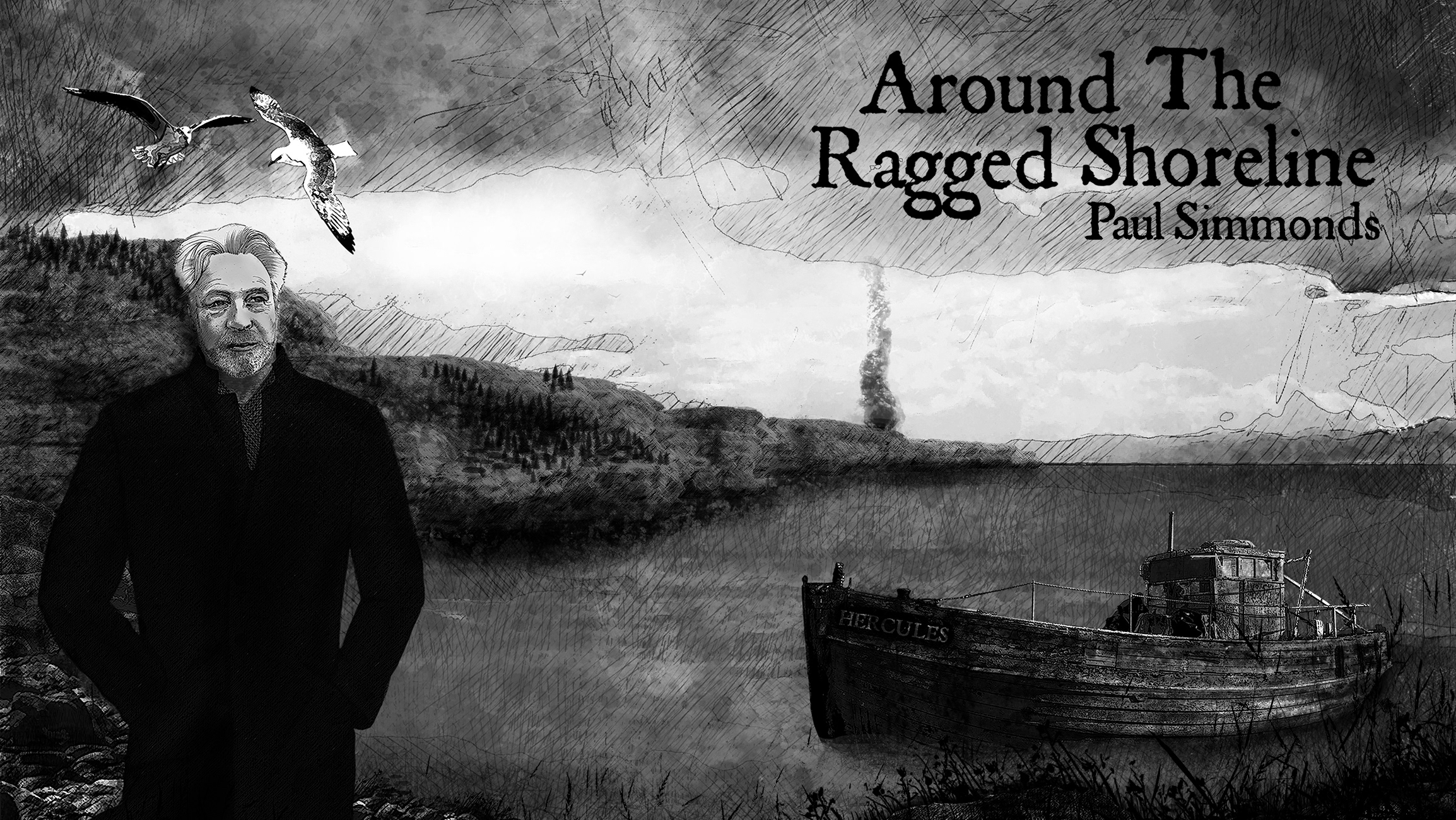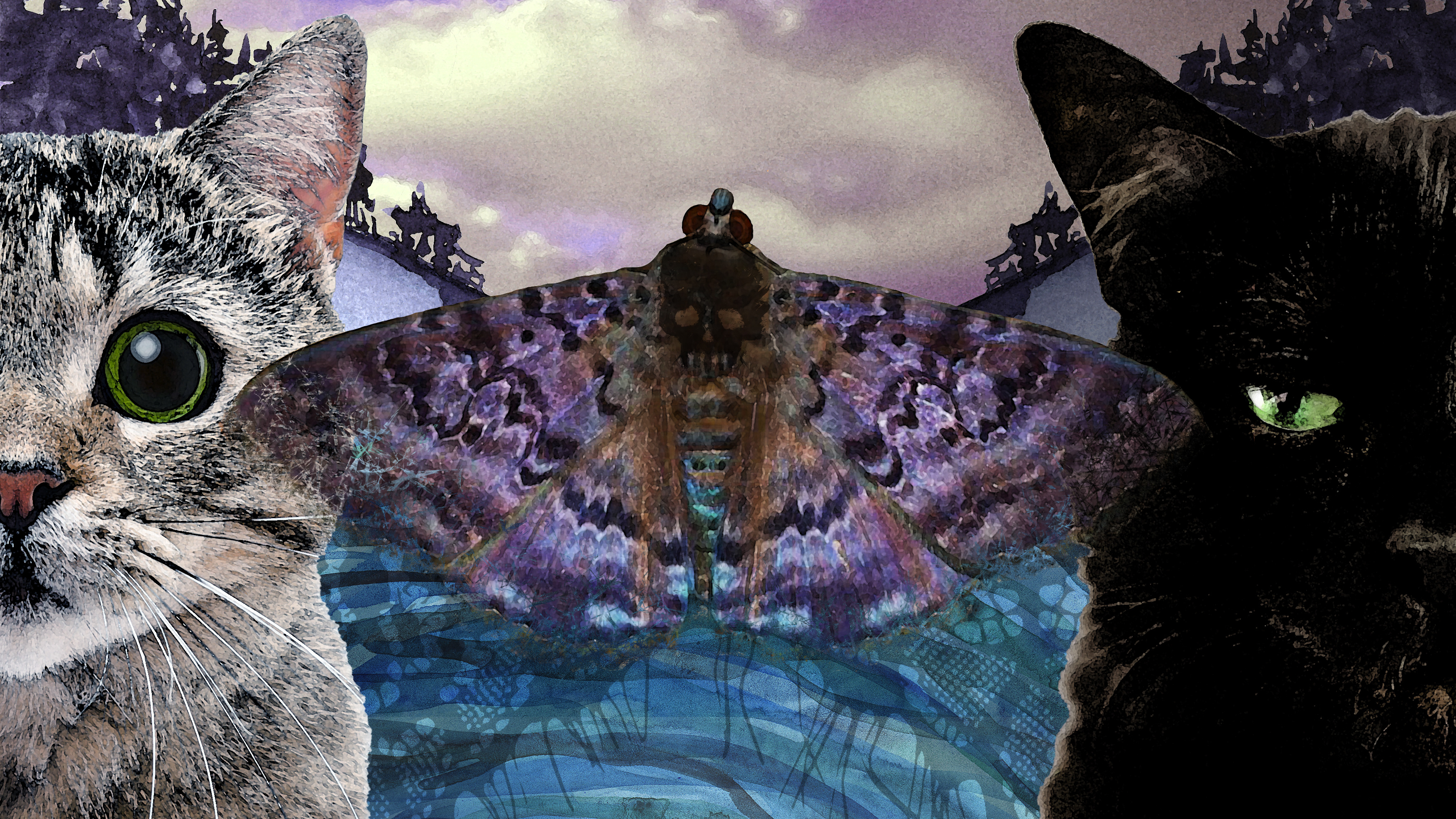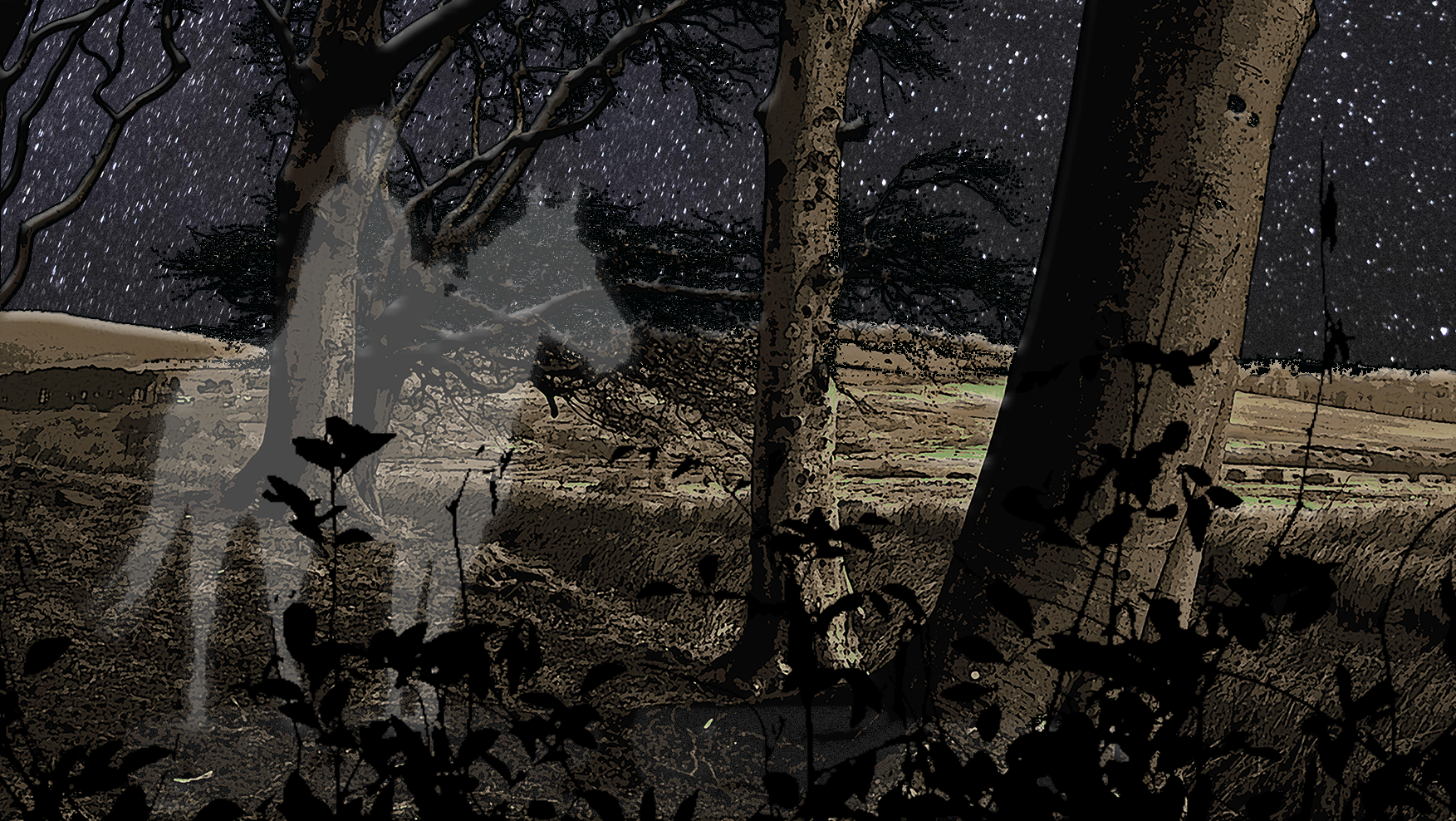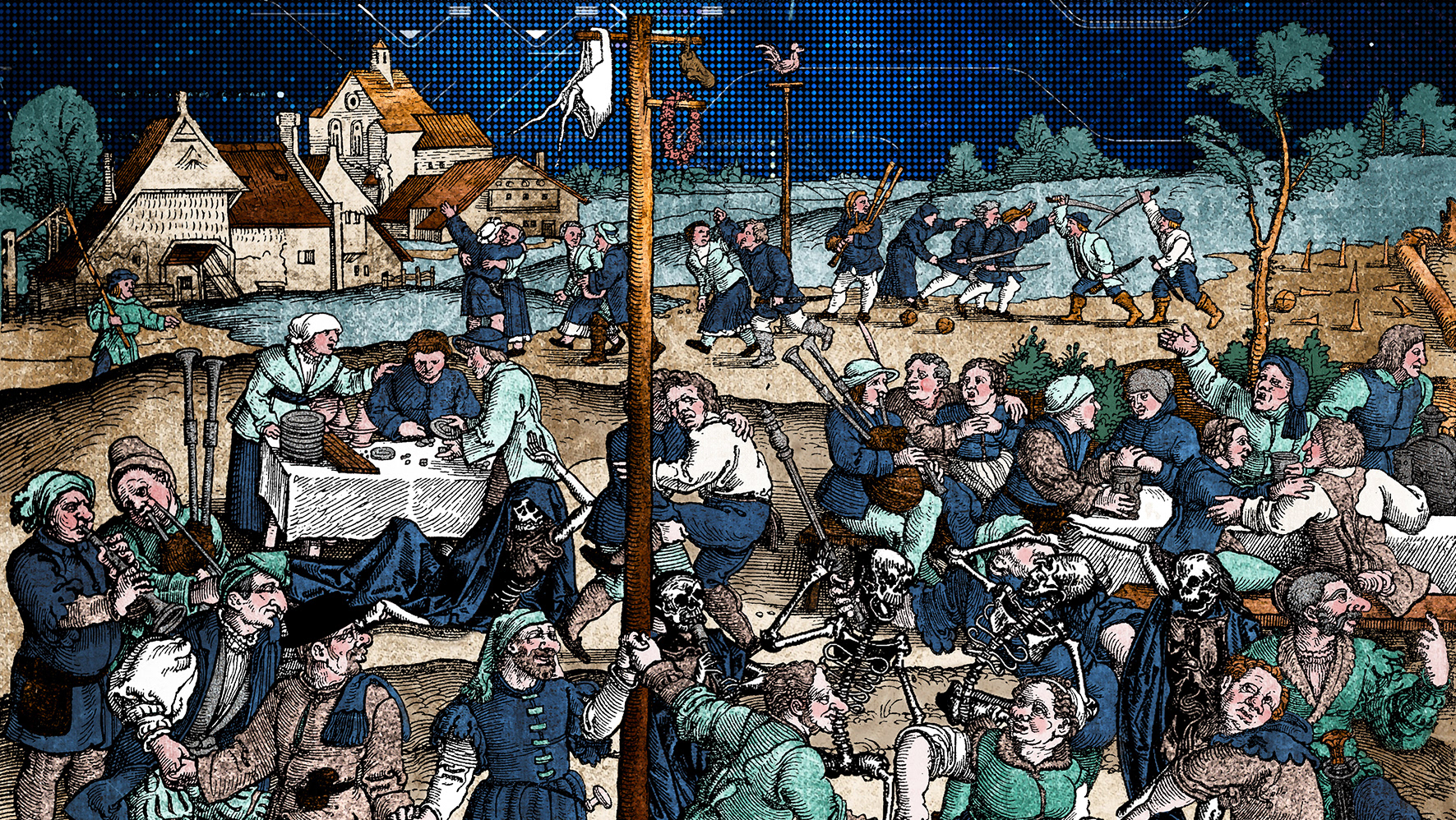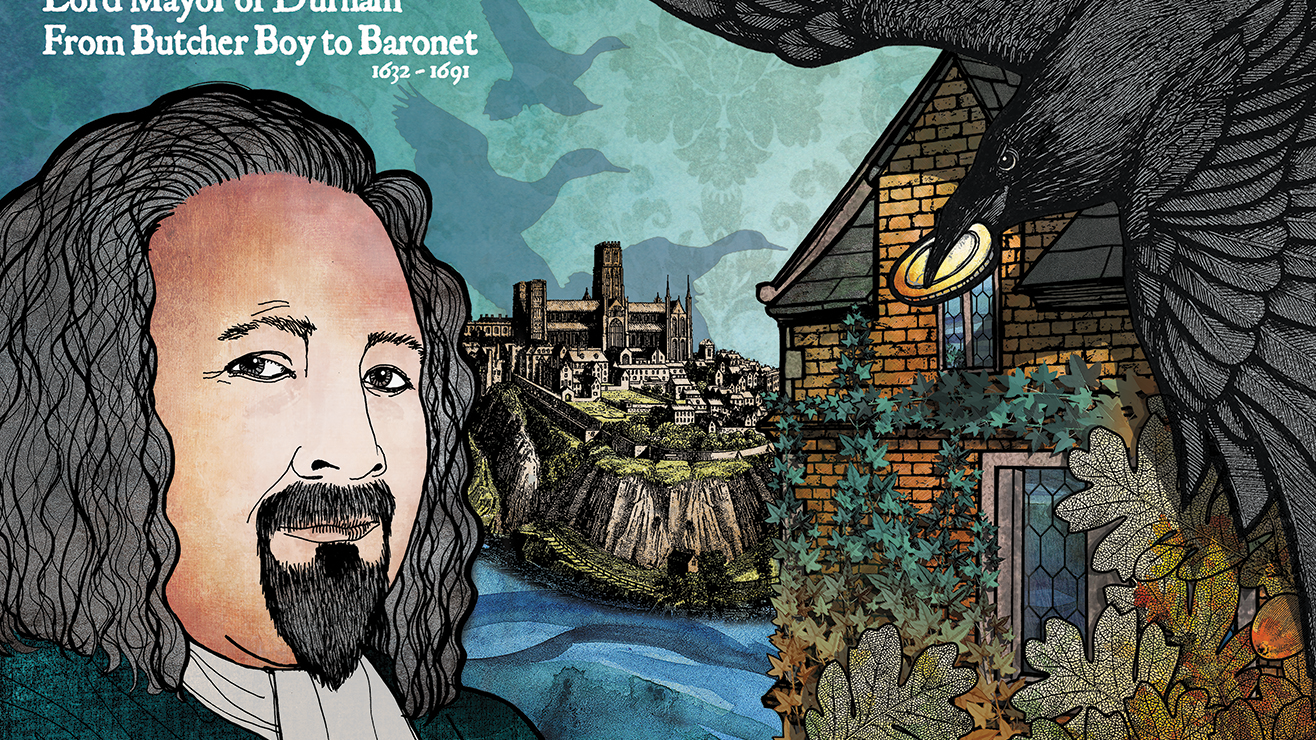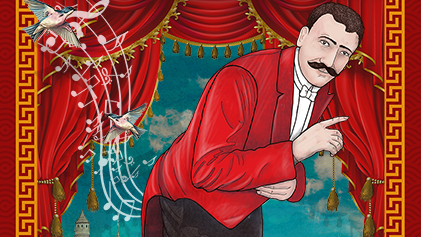JOSEPH SKIPSEY - THE PITMAN POET OF PERCY MAIN
'Born March 17, 1832, in Percy, Northumberland, Joseph Skipsey was a colliery worker at seven years of age. He made himself educated, publishing verse in local newspapers until he was gradually able to leave harsh labour behind him. He earned a living as caretaker to schools and colleges. He and his wife Sara Ann Hendley, married in 1854, had eight children. Skipsey had several literary positions: Assistant Librarian, Newcastle Literary and Philosophical Society (1863), and custodian of Shakespeare's birthplace at Stratford-on-Avon (1889-91). He was awarded a annual civil list pension in 1880 for his literary work, which included preparing popular editions of important poets. Skipsey died at Gateshead on Sept. 3, 1903, and was buried in Gateshead Cemetery.'
SIR JOHN DUCK - THE BUTCHER BARONET
'He began life in Durham as a butcher’s apprentice. Initially no one would employ him because he could not give any details of his place of birth. He came to Durham, to be a butcher’s apprentice.
The legend is that his fortune is said to have been founded after he had been cast out by the Guild of Butchers and was walking dejectedly by the River Wear when a raven dropped from its bill a gold coin at the young John Duck’s feet.
John Duck spent wisely, rose to the top of his trade and became one of the wealthiest men in County Durham.'
This image and Gary's accompanying song were used for the Lone Pine Pictures documentary film The Butcher Baronet and led Gary to write a folk-rock opera about the man himself, which is hoped to be finalised and performed some time in the not-too-far future.
MARY ANN COTTON
'A serial murderer whose killing spree constituted of her own husbands, a lover and several children. Her reign of terror stretched for 21 years and her total kill count is the same. Her weapon of choice was arsenic, which produced symptoms similar to an upset stomach, and that enabled her to escape the law for two decades. She had a string of husbands, and she killed mostly for the insurance money. She lured in men through her charm and beauty and married mostly the rich ones. Once tired of them, she would casually slip poison in their food or drinks and escape with the insurance money without arousing suspicions. In the later years, her heightened over-confidence made her kill more people. Eventually, someone grew suspicious of the fact that wherever she went, people were dying of the same cause. The murder of her stepson, Charles Cotton, from her last marriage finally got her in the prison. She was hanged until death in 1873.'
CATHERINE COOKSON - WRITER
'Dame Catherine Ann Cookson, DBE (née McMullen; 27 June 1906 – 11 June 1998) was a British author. She is in the top 20 of most widely read British novelists with sales topping 100 million, while retaining a relatively low profile in the world of celebrity writers. Her books were inspired by her deprived youth in South Tyneside, North East England, the setting for her novels. With more than 103 titles written in her own name or two other pen-names (see Bibliography below), she is one of the most prolific British novelists.'
JONATHAN MARTIN - THE INCENDIARY OF YORK MINSTER
'Martin was born near Hexham in Northumberland, one of twelve children. Among his siblings were artist John Martin and philosopher William Martin.
He was press ganged in 1804. He left the Navy in 1810, returning to County Durham. He became a Wesleyan preacher, and after threatening to shoot the Bishop of Oxford, he was sent to a lunatic asylum in West Auckland and later to Gateshead. He escaped in June 1820, but was soon recaptured.
A few years later, Martin had another mental breakdown and burned down York Minster.
He has been described as "probably the most well-known example of a manic depressive arsonist".'
PETER LEE - TRADE UNIONIST
'Peter Lee (1864–1935) was a miner's leader, county councillor and Methodist local preacher, born in Trimdon Grange, County Durham. He started working in a colliery at the age of ten. He became the chairman of England's first Labour county council at Durham in 1919. He also served as general secretary and then president of the MFGB. The new town of Peterlee was named after him.'

